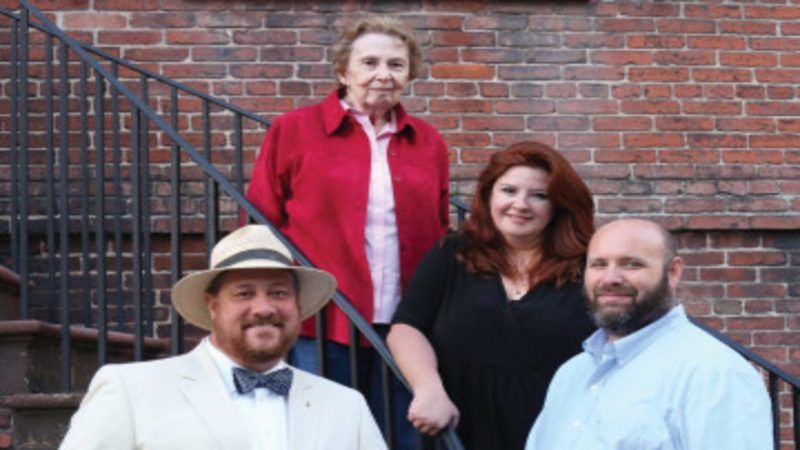The First Amendment Protects the Right to Work as a Tour Guide, Says Federal Judge
A Savannah, Georgia, law that required testing and licensing of tour guides is found unconstitutional.

Telling stories for money should not require a government test and license in a country with a First Amendment, a federal judge in Georgia has ruled. The decision came as a result of a lawsuit challenging Savannah, Georgia's past attempts to force tour guides to pay fees, pass tests, and get licenses before taking people around the city and saying things to them.
Judge William T. Moore, Jr. of the U.S. District Court for the Southern District of Georgia, in his decision in Freenor v. Mayor and Aldermen of the City of Savannah, issued yesterday, concluded that the city had offered no reasonable justifications for its tour guide licensing scheme.
Savannah actually repealed the challenged law back in 2015, after the Institute for Justice (I.J.) filed this suit in 2014, but the case was not mooted by the law's repeal since the suing tour guides and would-be tour guides also sought compensatory damages for harms that the law caused when it still existed.
A press release from I.J. spells out the pointlessness of the unconstitutional requirements which Savannah first put in place in 1978: "Tour guides who wanted this storytelling license had to pass a hundred-question multiple choice exam on Savannah history—even if they had no interest in discussing history on their tours. For instance, some tour guides focus on art and architecture or tell ghost stories." Along with the written test, licensed tour guides also needed to pass a criminal background check and to provide notes from licensed physicians certifying their fitness to work as tour guides.
I.J. celebrates that this week's Georgia decision continues a national trend toward squashing these sorts of unconstitutional occupational licensing laws:
Federal courts in Washington, D.C., and Charleston, South Carolina, have also struck down guide licenses in those cities in response to IJ litigation, and late last year Williamsburg, Virginia, repealed a similar licensing requirement to avoid a lawsuit. Only one similar licensing law—in New Orleans, Louisiana—has ever been upheld by a federal court.
Judge Moore found that the city's claims of any threat to the safety or enjoyment of tourists from improperly tested tour guides were not proven, nor were any provable harms prevented by a criminal background check that was also part of the tour guide licensing scheme. "Ultimately, a handful of anecdotes is not sufficient to sustain the city's burden to demonstrate that the tour guide licensing scheme actually serves its interests," Moore wrote.


Show Comments (16)